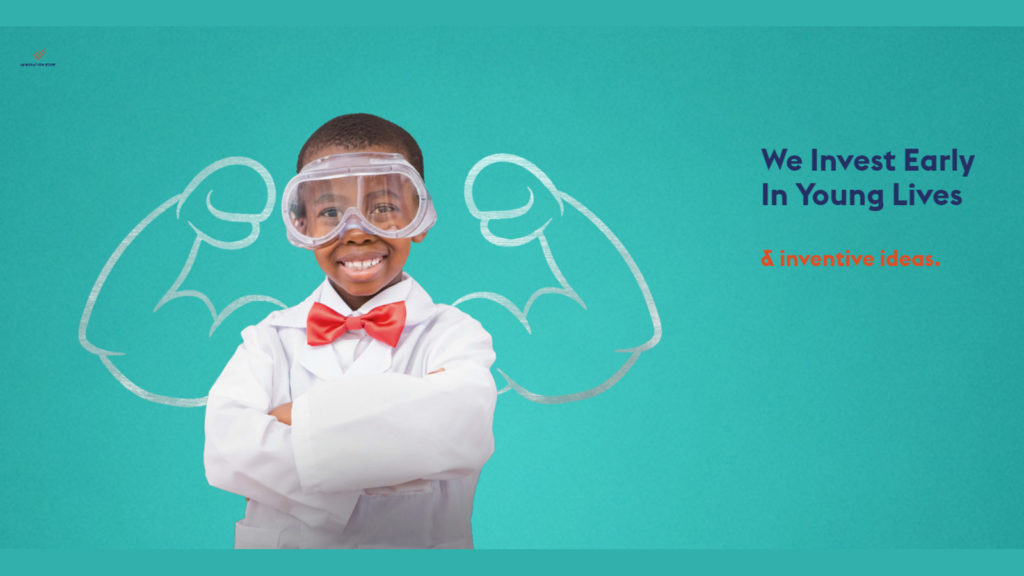Cape Town based investment platform Innovation Edge is offering up to R1-million to innovators with tech solutions to problems faced by young children and those who care for them.
Innovation Edge will accept applications from individuals, non-profits and for-profit organisations, as well as early-stage ideas that are at the pre-proof or post-proof of concept phase.
No ad to show here.
Qualifying ideas must address a defined need within early childhood and have a sustainable route to scale, that includes families living in poverty. The deadline for submissions is 19 October.
‘This sector is desperate for innovative solutions that offer impact at scale,’ — Innovation Edge executive director Sonja Giese
The most promising ideas stand the chance to receive up to R1-million in funding. In addition, Innovation Edge will provide the innovators behind selected solutions with access to a range of incubation support services.
In a statement yesterday (3 October), Innovation Edge executive director Sonja Giese highlighted why investment in solutions to early childhood problems is critical.
“Eight out of 10 Grade four learners in South Africa cannot read for meaning. Six out of 10 Grade five learners cannot do basic maths. These scores are predictive of final school outcomes, meaning that by the age of 10 years, a child is on the educational trajectory she will most likely follow,” explained Giese.
She added that there is “no conceivable way’ in which South Africa will realise its development goals — including increased employment, radical economic transformation, reduced crime and dependable leadership — without significantly altering the current trajectories of the country’s youngest citizens.
“This sector is desperate for innovative solutions that offer impact at scale,” said Giese.
While Innovation Edge welcomes submissions for any bold ideas at any time throughout the year, this call is specifically focused on tech solutions to early childhood challenges.
Examples of the types of challenges that applicants are invited to respond to include:
- Paper-based systems of recording classroom attendance are time-consuming and lacking in accuracy. How might you create a tech solution that enables pre-school teachers — in both high, mid and low income environments — to quickly capture verifiable classroom attendance for children aged thee to six years?
- Young children’s developing brains thrive from having daily positive back and forth conversations with their parents. How might you create a tech solution to help parents (in both high, mid and low income environments) embed this behaviour into their daily lives?
- About a third of women living in adversity will experience a mental illness, primarily depression, during or after pregnancy. What opportunities could tech offer to support mothers, particularly those from low-income groups, who are suffering from depression?
